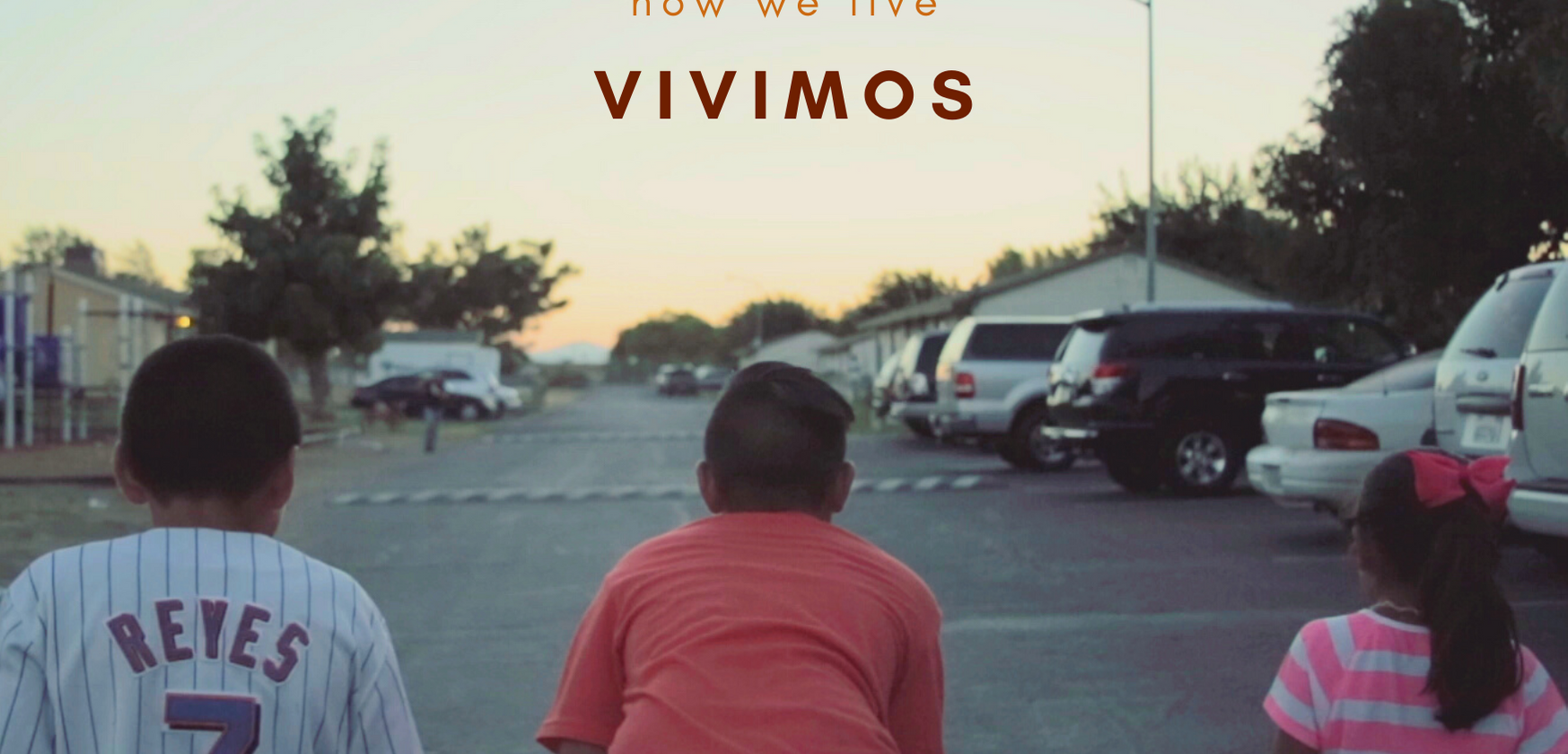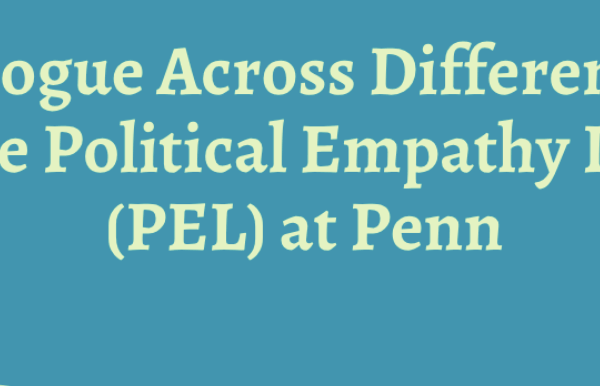Each year, hundreds of US citizens in California are displaced and Mexican-American youth miss months of school. Learn more in this documentary film about living at the edges of citizenship.
Join us for this exclusive Penn screening of “Como Vivimos (How We Live),” followed by conversation with filmmaker Aggie Ebrahimi Bazaz.
event SCHEDULE
12:00 PM – 1:15 PM: Screening
1:20 PM – 2:00 PM: Lunch and Conversation
DESCRIPTION
California’s migrant housing centers are one of few affordable housing options available to farmworking families. But units are only open for residence during the harvest season. Come winter, families are required to remove all their belongings and move out. Unable to afford market rates, many families pull their children from school and make the 2,000 mile trip back to Mexico for the off-season. Despite U.S. citizenship, this annual displacement deprives students a complete education and the economic mobility promised by it.
Como Vivimos is, on one hand, a sociological analysis of state power and of the construction of second-class citizenship through bureaucratic machinery. But the film’s point-of-view is grounded in the experiences of resident families. Through one full life cycle in Artesi II, we’ll observe as families cultivate rootedness and belonging within conditions of transience. See the film and talk with the filmmaker, Aggie Ebrahimi Bazaz at this exclusive screening for the Penn community, April 19, 12 PM, Lauder College House. RSVP and Penn Card required.
Learn more about the centers in this article written by Ebrahimi Bazaz for The Conversation: https://theconversation.com/missing-school-is-a-given-for-children-of-migrant-farmworkers-100793
DIRECTOR BIO:
Aggie Ebrahimi Bazaz is an award-winning, Iranian-American immigrant documentary artist, writer, and educator. Her community-engaged creative practices focus on immigration, diasporic identities, belonging, Freirean praxis, and critical examinations of the ways in which documentary can uphold systems of oppression, even as it promises to challenge such systems. Her work includes VR/360° documentary experiences, live participatory performances, installations, multi-platform collaborations—any form conducive to contributing nuance to ongoing dialogues around equity and social justice. Bazaz’s films have been shown internationally at film festivals, including Slamdance, Encounters Film Festival, CAAMFest, Atlanta Film Festival, Indie Grits Film Festival, and her recent film, “How to Tell a True Immigrant Story” (2019) was the first-ever VR film to be programmed in the Pardi di Domani shorts competition at the Locarno International Film Festival. Aggie’s film, “Inheritance,” a lyrical personal essay about the relationships between political and personal instabilities in her Iranian family, earned the Loni Ding Award for Social Issue Documentary at CAAMFest in 2013, and the “Short Grit” Award at Indie Grits Film Festival in 2015. Among other honors, she has received support from the Wexner Center, MDOCS Summer Storytellers’ Institute, Interlochen Arts Academy, Cal Humanities, the Center for Asian American Media and the Bay Area Video Coalition. She earned her M.A. in multicultural literature from the University of Georgia and her M.F.A. in filmmaking as a University Fellow at Temple University. She is co-producer for the feature-length film, “La Casa de Mama Icha,” directed by Colombian director Oscar Molina, which premieres nationally in the US on PBS’s POV documentary series in October 2021. Aggie currently works as Managing Director of Film and Video Projects at Teach For America.
SUPPORT FOR THE FILM:
- iMEdD international incubator for media education & development, 2021
- Wexner Film / Video Studio Center in-kind editing support, 2018 – ongoing
- Georgia State University 2020, Muhlenberg College 2016
- BAVC National Mediamaker Fellowship, 2016
- CalHum Research and Development Grant, 2015
Please note that this is an in person event. The in person event is open to Penn students, faculty, and staff only.


